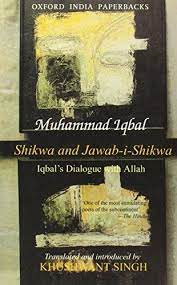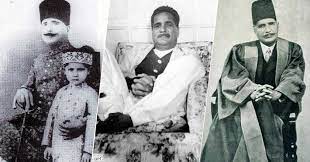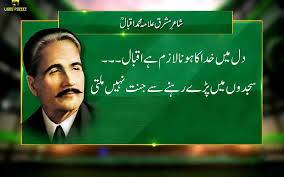Meta Description:

Iqbal message to youth highlights self-realization and action, encouraging young individuals to unlock their potential. By fostering individuality and striving for greatness, youth can shape their destiny and uplift society. Discover Iqbal’s timeless wisdom for youth empowerment and leadership.
One of the most well-known poets, philosophers, and intellectuals in the Islamic world, Allama , gave young people a lesson that has remained relevant for generations. In his talks and writings, he highlights how important it is for youth to shape the future of the Muslim Ummah (community) and society. he encouraged young people to embrace the Khudi (selfhood) idea, discover their inner potential, and actively contribute to the betterment of their communities through his poetry. he’s teaching is still applicable now, as it was in his day, in a world beset by many difficulties.

Khudi’s Philosophy: Empowerment and Self-Realization
Allama s teachings for youth revolve around the idea of Khudi, which means “selfhood” or “self-awareness.” Young individuals are inspired by this concept to realise their potential and inner power. Knowing the divine purpose of human existence is the first step towards self-realization, according to his He held that a person may transcend mediocrity and reach greatness by developing a strong connection with themselves and realising their place in the larger scheme of things.

The youth are continually reminded by he s poetry that they are the creators of their own fate. he penned the well-known poem Bal-e-Jibril, often known as The Wings of Gabriel.

Khudi ko kar buland itna, ke har taqdeer se pehle, Khuda bande se khud poochhe, bata teri raza kya hai.”
(Grow to such a degree that God Himself asks you, “What is it that you desire?” before every pronouncement.)

he exhorts the young people in these lines to grow as people, to bolster their resolve, and to aim high. His Khudi philosophy is simply a call to action, imploring people to take charge of their own destiny and overcome outside constraints.
Iqbal’s Concept of the Perfect Muslim Youth

he is envisioned a generation of Muslim youth that was founded in morality and spirituality in addition to education and skill. For him, spirituality and education were mutually exclusive. In his view, obtaining a contemporary education was crucial, but it needed to be tempered with a thorough comprehension of Islamic principles and beliefs. Iqbal believed that young people were the future leaders of the Muslim Ummah, and that the Islamic world needed them to grow and prosper.
“Nations are born in the hearts of poets; they prosper and die in the hands of politicians,” he once stated in a speech. This highlights how crucial it is for young people to have strong cultural and spiritual roots because they are thethe real architects and guardians of their country’s future. Iqbal wished for the youth to absorb these principles and apply them to develop into conscientious, bold, and powerful leaders.
Youth’s Contribution to Creating a Progressive Society
he was extremely worried about the condition of the Muslim world in his day, especially in light of colonial domination. He saw that young people may be change agents in addressing these issues. Iqbal urged young people to reject indifference and passivity. He wished for them to actively participate in challenging the current quo and advancing society.
He made the well-known statement, “Nations are judged by the character and conduct of their youth,” in his 1910 speech at Aligarh. Change the character of your young if you wish to alter the course that your people will take. Iqbal believed that the future of society rested on its youth. He thought they had to behaving the wisdom, bravery, and unwavering resolve to surmount the challenges impeding the advancement of the Muslim world.
The Shaheen: A Sign of Aspiration and Freedom
Iqbal’s use of the Shaheen (falcon or eagle) as a metaphor for the perfect youth is among his most well-known usages. The Shaheen stands for attributes like self-reliance, bravery, and lofty goals. Iqbal frequently used this image to encourage young people to never settle for mediocrity and to seek high. The Shaheen is a master of its own fate and soars to tremendous heights, never depending on anyone else.
Iqbal pens the following in his poetry Parinda (The Bird):
“Tu shaheen hai, parwaaz hai kaam tera, Tere saamne aasman aur bhi hain.”
(You are a falcon; your mission is to fly. You still have more skies to explore.)
Iqbal illustrates his point that young people should be prepared forIndividuals ought to pursue greatness, exceed their boundaries, and welcome the infinite opportunities presented by life.
In summary
The message of Allama Iqbal to the younger generation is one of self-realization, enlightenment, and meaningful action. He thought that youth were the key to the future and that their capacity to learn, explore their inner selves, and improve their communities was what made them strong. Generations of youth worldwide continue to find inspiration in Iqbal’s Khudi ideology and his call for independence, lofty goals, and moral purity. His message, which exhorts young minds to rise and take control of their destinies, is more important than ever today.
